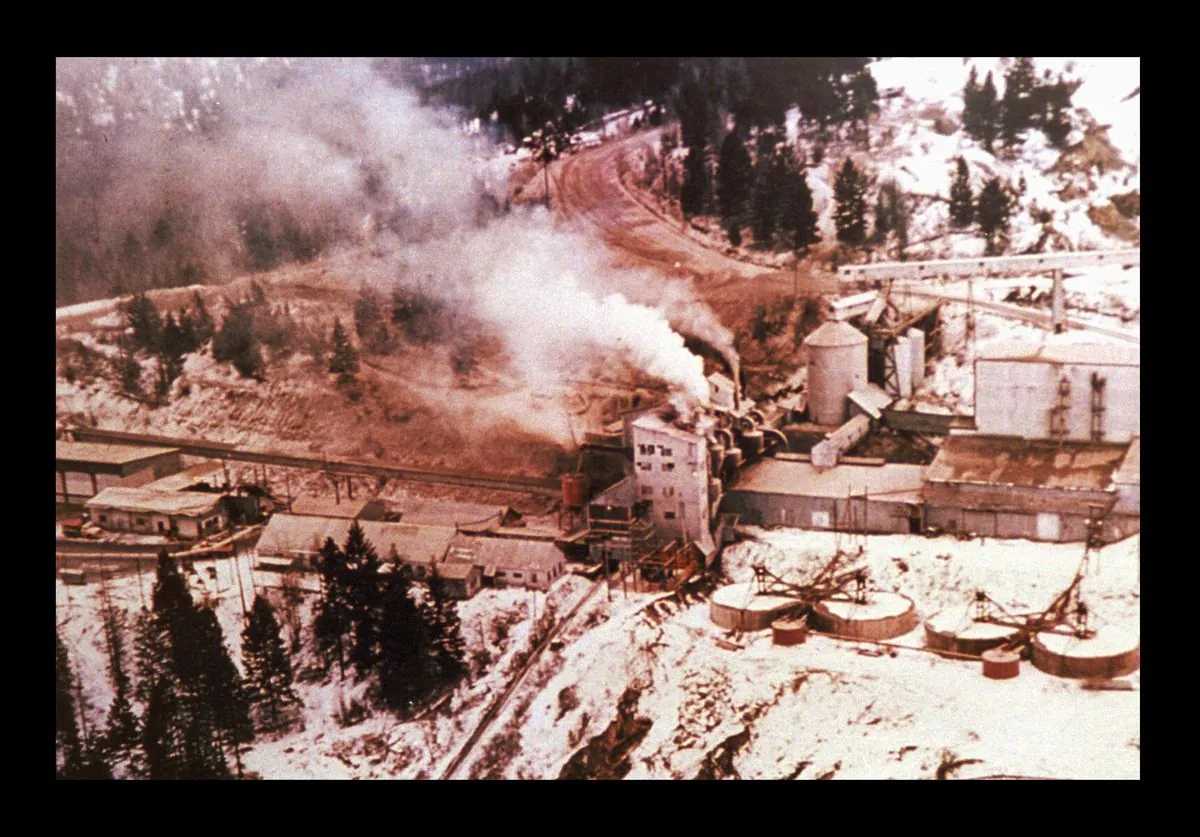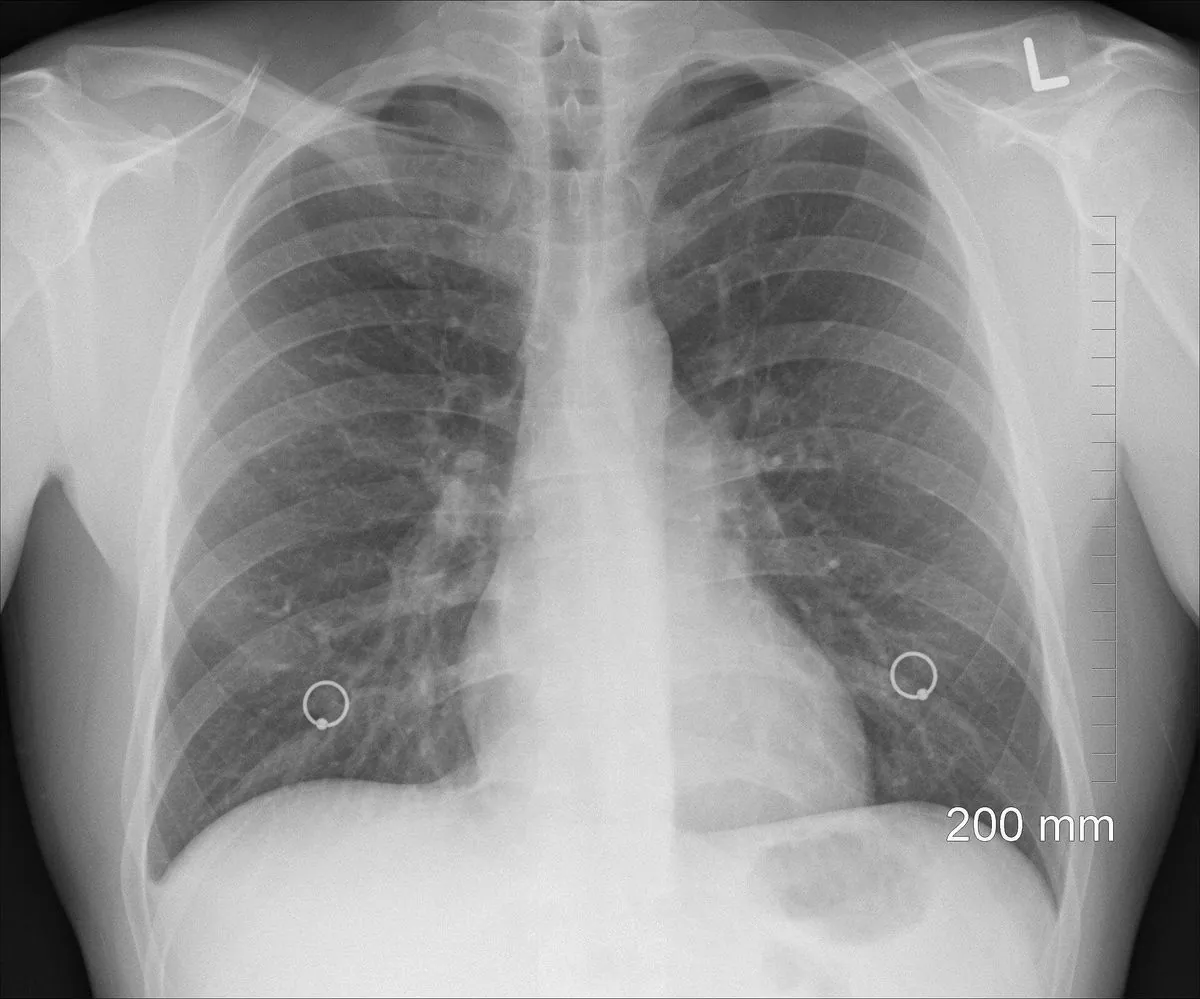Montana Clinic Challenges $6M Fine in Asbestos Claims Dispute
A Montana health clinic appeals a $5.8 million penalty for false asbestos-related claims. The case, linked to Libby's contamination history, raises questions about diagnosis standards and healthcare funding.

A health clinic in Montana is set to challenge a substantial financial penalty in a federal appeals court, stemming from a dispute over asbestos-related disease claims. The case highlights the ongoing impact of asbestos contamination in the small town of Libby, Montana, and raises questions about medical diagnosis standards and healthcare funding.
The clinic, located in Libby, is appealing nearly $6 million in fines and penalties imposed after a jury found it had submitted hundreds of false claims for patients with asbestos-related diseases. This verdict, reached in 2023, resulted from a lawsuit brought by BNSF Railway, a company that has also faced liability for asbestos contamination in the area.
Libby's history with asbestos dates back decades, when asbestos-tainted vermiculite was mined from a nearby mountain and transported through the town by rail. This contamination has had devastating effects on the community of approximately 3,000 residents. Asbestos, a naturally occurring fibrous mineral, was widely used in construction and manufacturing until its health risks became widely recognized in the late 20th century.
The case against the clinic centers on the validity of over 2,000 asbestos-related disease diagnoses. The jury determined that 337 of these cases were based on false claims, making patients eligible for benefits they should not have received. The clinic argues that it acted in good faith, following federal guidance that considered X-ray evidence sufficient for diagnosis.

Asbestos-related diseases can range from lung thickening to deadly cancers like mesothelioma. Even minimal exposure to asbestos fibers, which can be 1,200 times thinner than a human hair, can cause significant health problems. The latency period for these diseases can extend from 20 to 50 years, complicating diagnosis and treatment.
The legal battle has had significant financial implications for the clinic. Judge Dana Christensen ordered the clinic to pay $5.8 million in penalties and damages, with BNSF Railway set to receive 25% of this amount. The judgment led the clinic to file for bankruptcy, although this was later dismissed at the request of government attorneys.
The clinic has played a crucial role in the community, certifying more than 3,400 people with asbestos-related diseases and receiving over $20 million in federal funding. Under a 2009 federal health law provision, Libby area residents exposed to asbestos are eligible for various taxpayer-funded services, including Medicare and disability benefits.
Libby's asbestos contamination gained national attention two decades ago, leading to its declaration as a Superfund site by the Environmental Protection Agency (EPA) in 2004. The town's history with asbestos is part of a larger global issue. The World Health Organization estimates that 107,000 people die annually from asbestos-related diseases worldwide.
While over 50 countries have banned asbestos use, it is not fully prohibited in the United States. The first documented death related to asbestos occurred in 1906, but the material's dangers were not widely recognized until much later. Interestingly, asbestos has a long history of human use, with ancient Egyptians using it to wrap mummies.
As the legal proceedings continue, the case underscores the complex interplay between environmental contamination, public health, and legal accountability. The outcome of this appeal could have significant implications for how asbestos-related diseases are diagnosed and compensated in the future.
"We brought this lawsuit on behalf of the government to ensure that only legitimate claims for asbestos-related diseases are compensated. Our goal is to protect the integrity of the healthcare system and ensure that resources are directed to those who truly need them."
The ongoing legal battles surrounding Libby's asbestos contamination extend beyond this case. In April 2024, a federal jury found BNSF Railway contributed to the deaths of two individuals exposed to asbestos decades ago, awarding $4 million in compensatory damages to each of their estates. This verdict further illustrates the long-lasting impact of asbestos contamination on communities and the complex legal landscape surrounding accountability for environmental hazards.


































